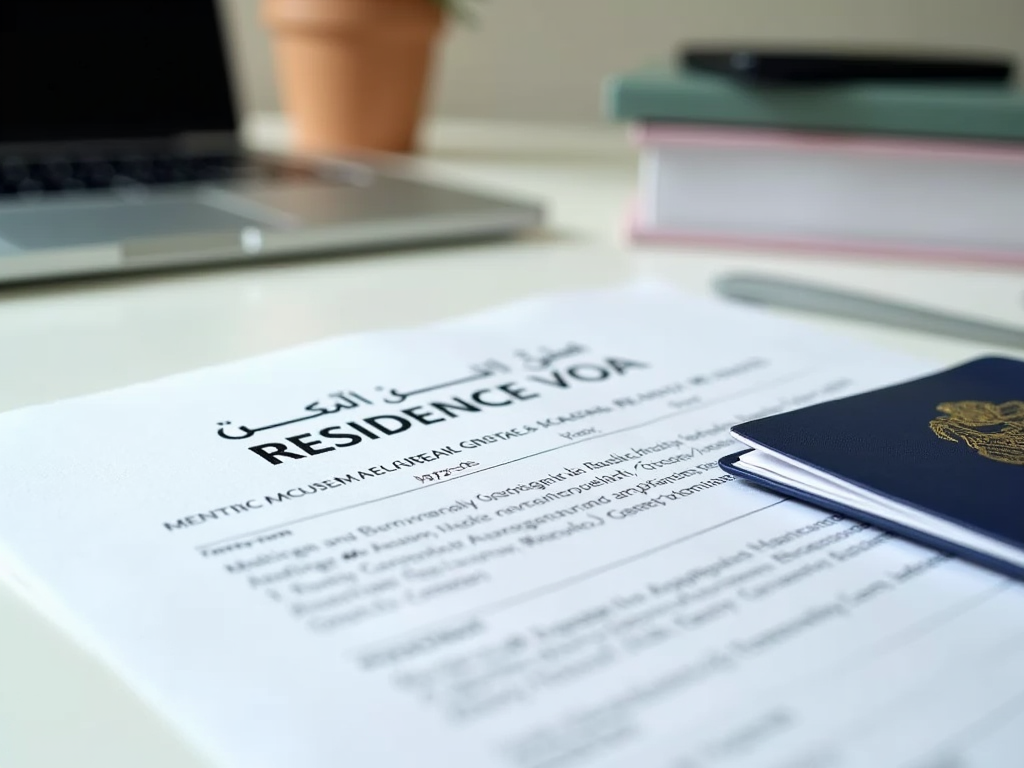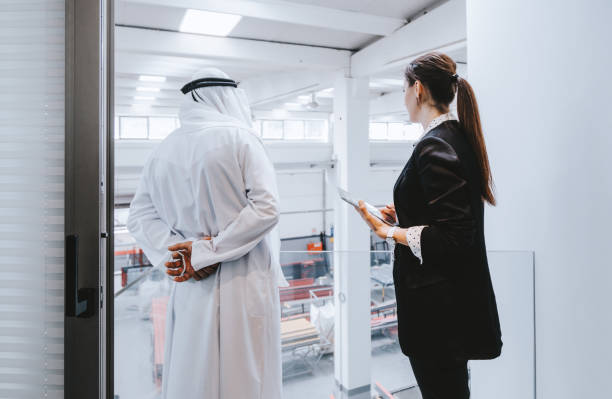Required Documentation for a Dubai Residence Visa Application
Applying for a Dubai residence visa involves a thorough documentation process that ensures compliance with the UAE’s immigration laws. To successfully secure a residence visa, applicants need to gather and submit specific documents that validate their identity, residency intentions, and financial stability. This article will detail the essential documentation required for the application, helping streamline your journey toward obtaining your Dubai residence visa.
Understanding the Types of Dubai Residence Visas

Before diving into the required documentation, it’s important to understand the types of residence visas offered in Dubai. The main categories include employment visas, investor visas, family sponsorship visas, and retirement visas. Each type has specific eligibility criteria and corresponding documentation requirements. Generally, employment visas are sought by those working for a company in Dubai, while investor visas pertain to those investing in local businesses. Family sponsorship visas allow UAE residents to sponsor their family members, and retirement visas are targeted toward retirees wishing to reside in Dubai. Understanding the right visa type for your situation is crucial, as it determines the required documentation.
General Documentation Required for a Residence Visa

Regardless of the type of residence visa, certain documents are universally required across the application process. Collectively, these documents establish your identity, intentions, and eligibility for residing in Dubai. Below is a list of the primary documents required:
- Valid passport with at least six months’ validity.
- Passport-sized photographs meeting UAE specifications.
- Completed application form for a residence visa.
- Proof of employment or sponsorship (such as a contract or a letter from your employer).
- Medical fitness certificate from an authorized health institution in the UAE.
- Proof of accommodation (like a rental agreement or a property ownership document).
Having all these documents ready will facilitate a smoother application process, reducing any potential delays or complications.
In addition to the general documentation, specific visa types require extra documents tailored to their criteria. Here’s a breakdown of what you might need based on your visa type:
- Employment Visa: Employment contract, salary certificate, company registration documents.
- Investor Visa: Trade license, investment agreement, proof of investment capital.
- Family Sponsorship Visa: Copy of the sponsor’s residence visa, marriage certificate, birth certificates of children (if applicable).
- Retirement Visa: Proof of pension or financial stability, age verification documents.
These additional documents underscore the need for potential applicants to prepare thoroughly based on their specific visa needs.
Special Considerations for Expats and Foreign Nationals
Foreign nationals applying for a Dubai residence visa must be especially vigilant about additional requirements and conditions. One pivotal consideration is the requirement for document attestation, especially for educational and professional qualifications. The Ministry of Foreign Affairs and International Cooperation of the UAE may require that certain documents, such as your educational certificates or marriage certificate, be attested by the relevant authorities in your home country before being accepted in the UAE. Furthermore, expats must also comply with the UAE’s health and character requirements, which often entail background checks and relevant medical exams.
Conclusion
Obtaining a Dubai residence visa can be a manageable process with the right documentation and understanding of the requirements. By preparing the necessary documents such as valid identification, proof of employment, medical fitness certificates, and additional documentation based on your visa category, you can enhance your chances of a successful application. Being aware of the specific requirements for different visa types and the necessary steps for expats will further ease your transition to life in Dubai. Remember that having complete and accurate documentation is crucial for a seamless visa application experience.
Frequently Asked Questions
1. How long does the Dubai residence visa application process take?
The processing time for a Dubai residence visa can vary but typically ranges from 2 to 4 weeks, depending on the completeness of submitted documents and any additional verification required.
2. Can I apply for a residence visa while in Dubai on a tourist visa?
Yes, it is possible to apply for a residence visa while on a tourist visa, but you must do so before your tourist visa expires, and certain conditions may apply.
3. What happens if I submit incomplete documentation?
If you submit incomplete documentation, your application may be delayed or rejected, necessitating a reapplication with the proper documents.
4. Is a medical fitness certificate mandatory for all applicants?
Yes, a medical fitness certificate is a standard requirement for all applicants seeking a Dubai residence visa.
5. Can I have my family members apply for a residence visa while I am applying?
Yes, you can sponsor family members for a residence visa if you hold a valid residence visa in Dubai, but you must meet the salary and accommodation requirements.


